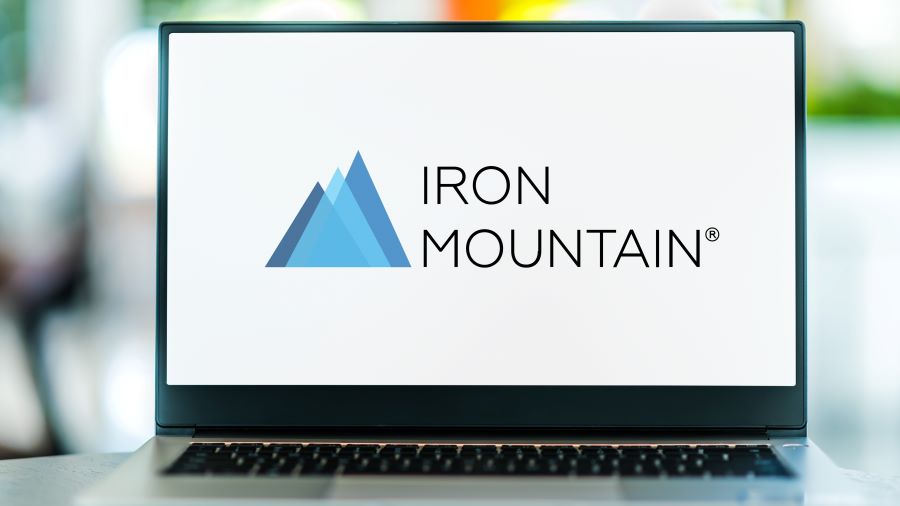
Executives at Iron Mountain lamented lower prices for many electronics components but feel optimistic about the second half of 2023. | Monticello/Shutterstock
Iron Mountain’s asset life cycle business increased its volume of used electronics processed during the first quarter, but a depressed market for electronic components meant much lower revenues.
The publicly traded data management company recently reported its financial results for the first quarter of 2023, noting that its Asset Lifecycle Management (ALM) segment, which includes the company’s data center decommissioning and ITAD businesses, suffered from low prices for electronic components, even as it boosted its customer base.
Iron Mountain acquired its hyperscale data center decommissioning business when it purchased ITRenew in January 2022. The acquisition greatly expanded the size of Iron Mountain’s ALM segment. ALM also includes two other verticals: traditional ITAD services for corporate clients and electronics processing services for technology manufacturers.
During a May 4 conference call with investors, William Meaney, president and CEO of Iron Mountain, touched on the difficult market conditions in the hyperscale decommissioning business, or the former ITRenew business, in particular.
“Our volumes grew in excess of 30% in this vertical year-over-year, reflecting our market-leading platform, the strength of our existing customer relationships and our ability to win more new logos,” Meaney said. “Revenue is down, however, reflecting the record-low pricing the market has seen since the end of 2022 on both new and used components.”
He later added that pricing for some electronic components is down 70% year over year.
“So whilst we still have positive gross margins on that business, the revenue is heavily impacted by what we’ve been seeing across the semiconductor industry in terms of record-low pricing,” he said.
Barry Hytinen, Iron Mountain’s chief financial officer, said the ALM business’ revenue was $41 million in the first quarter, down 27% from the prior quarter and down 41% year over year. But he noted that the pandemic was still having the effect of boosting electronics prices last year, which contributed to the ALM business achieving its “peak” revenue of $83 million in the second quarter of 2022. As a result, Iron Mountain is predicting the second-quarter 2023 numbers to be down on a year-over-year basis as well.
More positive picture looking forward
Executives said they see better financial results later in 2023 for a number of reasons.
Hytinen and Meaney both noted that the company is now seeing prices for electronic components level out, starting around late February.
“Importantly, we are now seeing pricing for components stabilizing,” Hytinen said.
Meaney added that a number of memory and CPU manufacturers are taking capacity out of the market, giving Iron Mountain further confidence they’ll see prices stabilize.
Hytinen said they expect the second half of the year to bring improved ALM business, he said, with the expectation that the third quarter revenue will be flat year over year. That’s because Iron Mountain is seeing a strong pipeline of volume and new bookings in the ALM business, he said.
“In particular, our OEM business is developing well with the team growing our pipeline and delivering key new wins,” he said. “For example, we recently signed a deal with one of the largest technology end-user device manufacturers to partner with them in the decommissioning needs of their customers.”
Overall, Iron Mountain still sees potential to take a larger part of the market share.
“We really like the space. It’s very fragmented, and we think we’re in a very good position to take a tremendous amount of share over time,” Hytinen said. “We’re working through what everyone in the industry is working through right now, which is pretty low component pricing. We feel good about the opportunity.”



